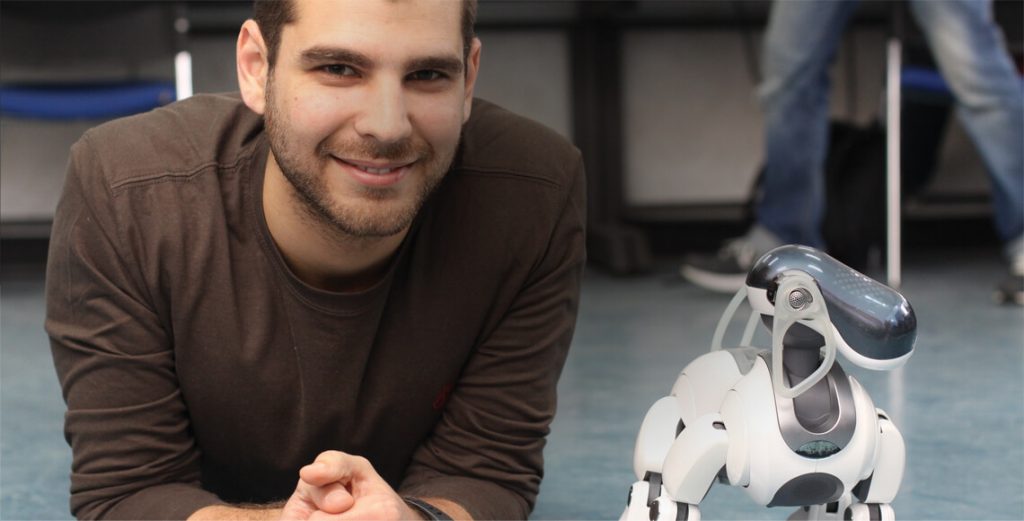Technion – Israel Institute of Technology
The Technion is Israel’s oldest university institution and has had a decisive influence on the scientific and technological development of the State of Israel and its transformation into an international power. The Technion has 13,000 undergraduate and graduate students in 18 faculties and engineering and scientific research units. Fifty-two research centers and institutes operate at the Technion in a variety of fields.
Founded in 1912, the Technion is one of the world’s top 100 universities according to Shanghai University’s prestigious Academic Ranking of World Universities. It has gained a reputation for its pioneering work in many fields including nanotechnology, life sciences, stem cells, water management, sustainable energy, information technologies, biotechnology, materials engineering, space engineering, and industrial engineering and management. The Technion is one of the ten universities in the world that have built satellites and launched them into space.

Recently, Bloomberg, the financial information company, reviewed the largest technology companies in the United States to determine at which universities its corporate executives had obtained their degrees. The Technion ranked 7th, tied with MIT. The Technion’s importance to the State of Israel is also evident in its influence on Haifa, where the Technion is located, and where companies like Qualcomm, Google, Microsoft, IBM, Apple, and Intel have established development centers and their Israeli headquarters.
In December 2011, the Technion and Cornell University were selected by the New York City Municipality (headed by Michael Bloomberg) to establish the Jacobs Technion-Cornell Innovation Institute (JTCII) on Roosevelt Island in New York. The establishment of the Guangdong Technion-Israel Institute of Technology (GTIIT) in China is further proof of the Technion’s international importance.

Technion graduates have had an important influence on the global economy through the advanced technologies they have developed, as well as leading global companies to impressive commercial successes. About a quarter of Technion graduates have established companies or reached senior managerial positions in large international corporations. The annual revenues of high-tech companies managed by Technion graduates are $18.6 billion. In addition, a quarter of Technion graduates have applied for patents under their own names. Technion graduates and faculty members have led developments such as Azilect, a drug that inhibits Parkinson’s disease; drip irrigation; and the Iron Dome missile defense system.
In the past decade, three Technion professors have won the Nobel Prize in Chemistry: Avram Hershko and Aaron Ciechanover (2004), and Dan Shechtman (2011).


